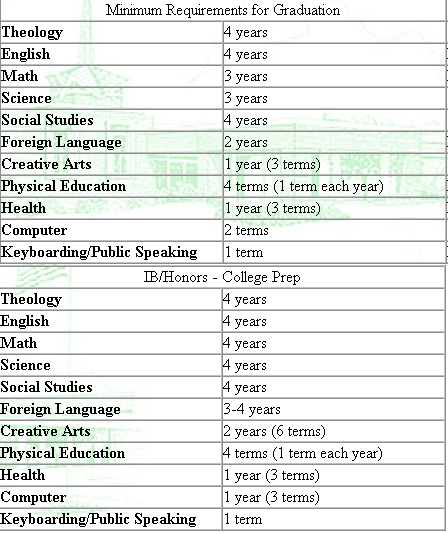Originally posted by Agathon
In general, humanities education in schools is terrible. One problem is that students aren't really told why they are doing it. I remember doing English and students asking why we were reading these books, and we could never get a straight answer. I had to go to university before it became obvious why. I hated high school, and spent most of my time smoking weed, listening to records and having sex. Yet I ended up going much further in education than anyone in my year.
For the most part, you get what you put in to it. That means you get graduates who can do calculus and write after a fashion, but who are devoid of critical thinking skills. No-one seems to know what high school education is for, other than "preparing students to enter the workforce". As if most of the things we do have anything to do with the jobs we end up in.
Society would be much better served by working the students hard on English grammar and informal logic (what gets called critical reasoning). Along with that, a history program that is focused and attempts to explain why things are the way they are would be nice. The best teacher I ever had was my high school history teacher. But even he struggled with the ****ty curriculum we had. He was an oddity as well. Most of the good teachers were retiring and the government wasn't paying new teachers enough to encourage anyone but monkeys to take it up.
University isn't that much better either. The admissions scheme tends to cut out people who would actually bring some life to colleges and replaces them with shallow resumé stuffers.
In general, humanities education in schools is terrible. One problem is that students aren't really told why they are doing it. I remember doing English and students asking why we were reading these books, and we could never get a straight answer. I had to go to university before it became obvious why. I hated high school, and spent most of my time smoking weed, listening to records and having sex. Yet I ended up going much further in education than anyone in my year.
For the most part, you get what you put in to it. That means you get graduates who can do calculus and write after a fashion, but who are devoid of critical thinking skills. No-one seems to know what high school education is for, other than "preparing students to enter the workforce". As if most of the things we do have anything to do with the jobs we end up in.
Society would be much better served by working the students hard on English grammar and informal logic (what gets called critical reasoning). Along with that, a history program that is focused and attempts to explain why things are the way they are would be nice. The best teacher I ever had was my high school history teacher. But even he struggled with the ****ty curriculum we had. He was an oddity as well. Most of the good teachers were retiring and the government wasn't paying new teachers enough to encourage anyone but monkeys to take it up.
University isn't that much better either. The admissions scheme tends to cut out people who would actually bring some life to colleges and replaces them with shallow resumé stuffers.
While certainly more could be done in the areas you detail, it comes to mind what the opportunity cost of doing so would be. If we increase the English and history curriculum at the cost of mathmatics(for example) then we would be putting ourselves further behind in critical fields in post secondary education.
The so called "college preparatory" path in high schools should be centered on a basic broad overview of all disciplines possible. Once at a university, then critical reasoning and historical context/implication can be concentrated on in the early segments and specialization in a field in the later segments. This is, in my mind, what we attempt to do now. It is also noteworthy that the post secondary educational system here seems to produce some of the top people in all fields.




Comment